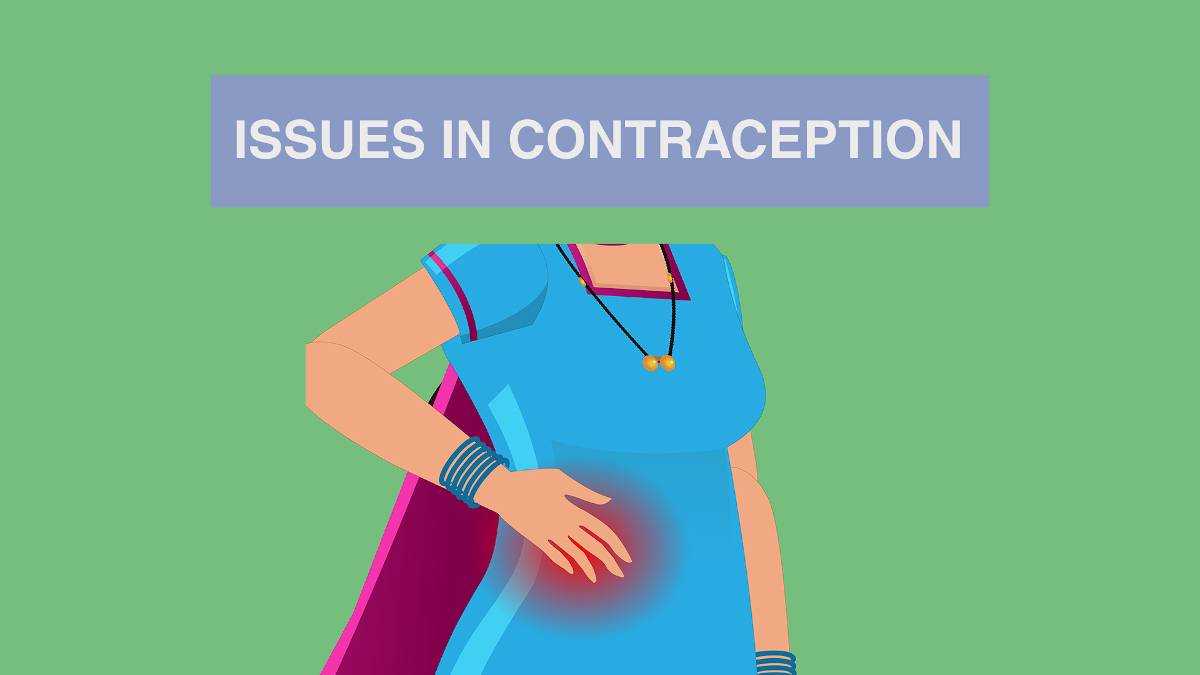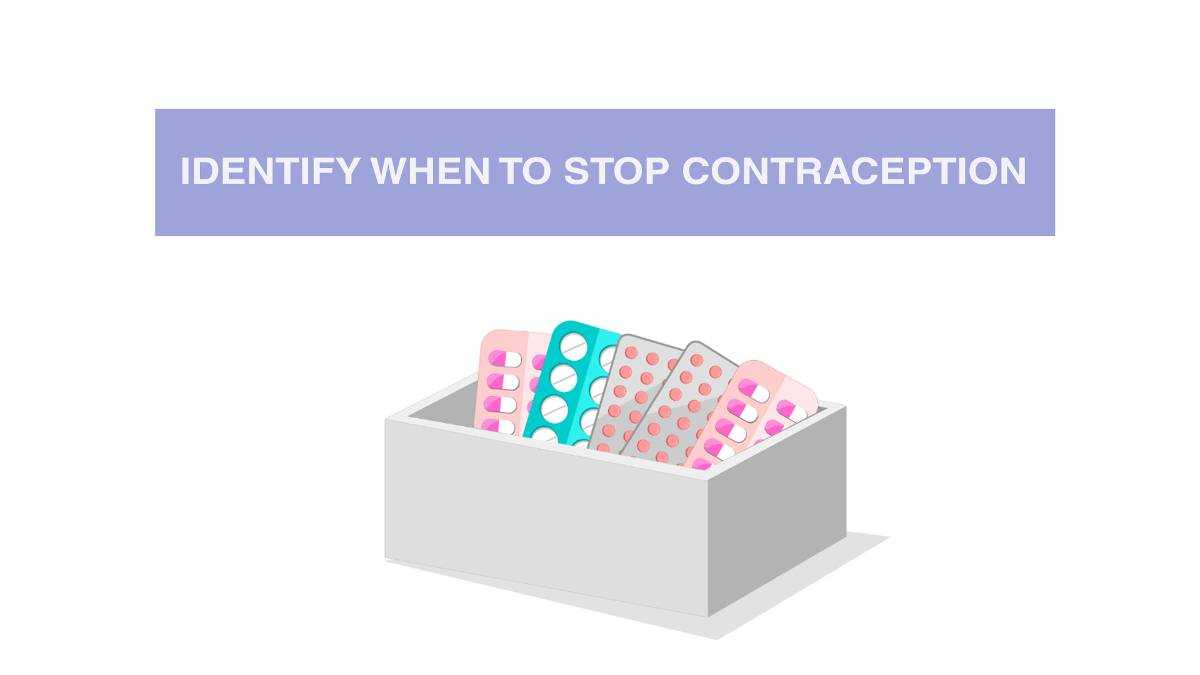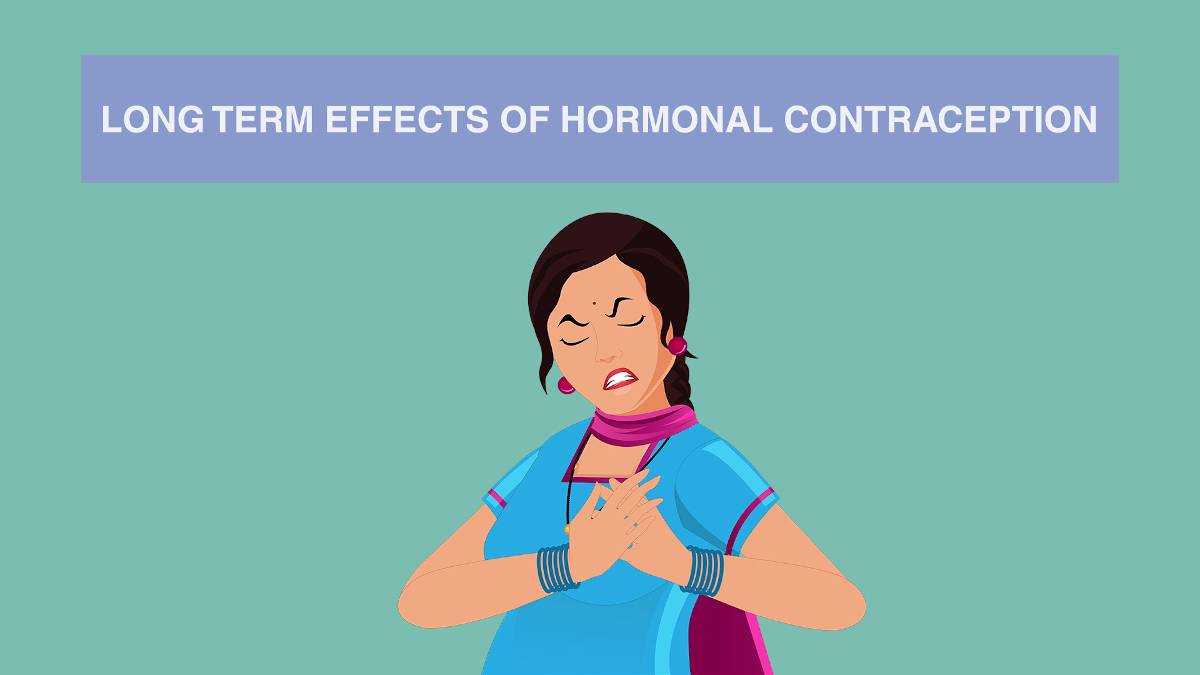All forms of hormonal or non-hormonal contraception are more or less similarly effective at preventing pregnancy
All forms of hormonal or non-hormonal contraception are more or less similarly effective at preventing pregnancy, however, a woman’s choice of contraception depends on several factors, and women have to find out for themselves what is most important to them and which method works the best for them.
The different birth control options range from barrier methods, short-acting hormonal methods, long-acting hormonal methods, sterilization, apart from natural family planning via fertility awareness methods.


It could be a confusing decision for a woman to make, hence to help pick the right method of birth control the following considerations should be kept in mind:
- Effectiveness of the different methods of contraception
- The method of contraception you choose depends on your reproductive goals. If you are planning to conceive in the near future, you may want a method that is quickly reversed, such as a short-acting hormonal method or a barrier method.
- It’s important to choose a type of birth control that suits your lifestyle, convenience, and affordability. For some people, the most convenient form of birth control may be one that is easy to use, has no bothersome side effects or does not disrupt the sexual experience. For others, convenience means no prescription is required. When choosing a method of birth control, consider how willing you are to plan ahead or follow a rigid medication schedule.
- The tolerance for the possible side effects associated with a particular birth control method needs to be discussed with the doctor before adopting a particular method.
- Male and female condoms are the only methods of birth control that offer reliable protection from sexually transmitted infections. Unless one is in a mutually monogamous relationship and have been tested for sexually transmitted infections, a new condom should be used every time in addition to any other method of birth control you use.
- Your partner may have birth control preferences that are similar to or different from your own. Discuss birth control options with your partner to help determine which method is acceptable to both of you.
- In addition to preventing pregnancy, some contraceptives provide benefits such as more predictable, lighter menstrual cycles, a decreased risk of sexually transmitted infections or a reduction in the risk of some cancers. If these benefits are important to you, they may influence your choice of birth control option.
- Advice and discussion with friends and family members in terms of their experiences with a certain method, may also help in decision -making
- Many women rely on information provided in mass media on contraceptive methods to come to a decision as in some countries and in rural areas, women are still not able to openly discuss these issues.
Conclusion
The best method of birth control for you is one that is safe, that you are comfortable using, and that you are able to use consistently and correctly. Your preferred method of birth control may change over your lifetime and is influenced by many different factors, age and health history, reproductive goals, religious beliefs as well as relationship factors, including marital status, number of sexual partners, frequency of sex, and partner preferences.
Special Thanks to Dr. Dr Priti Kumar (M.D. OGBYN) for the expert advice.








